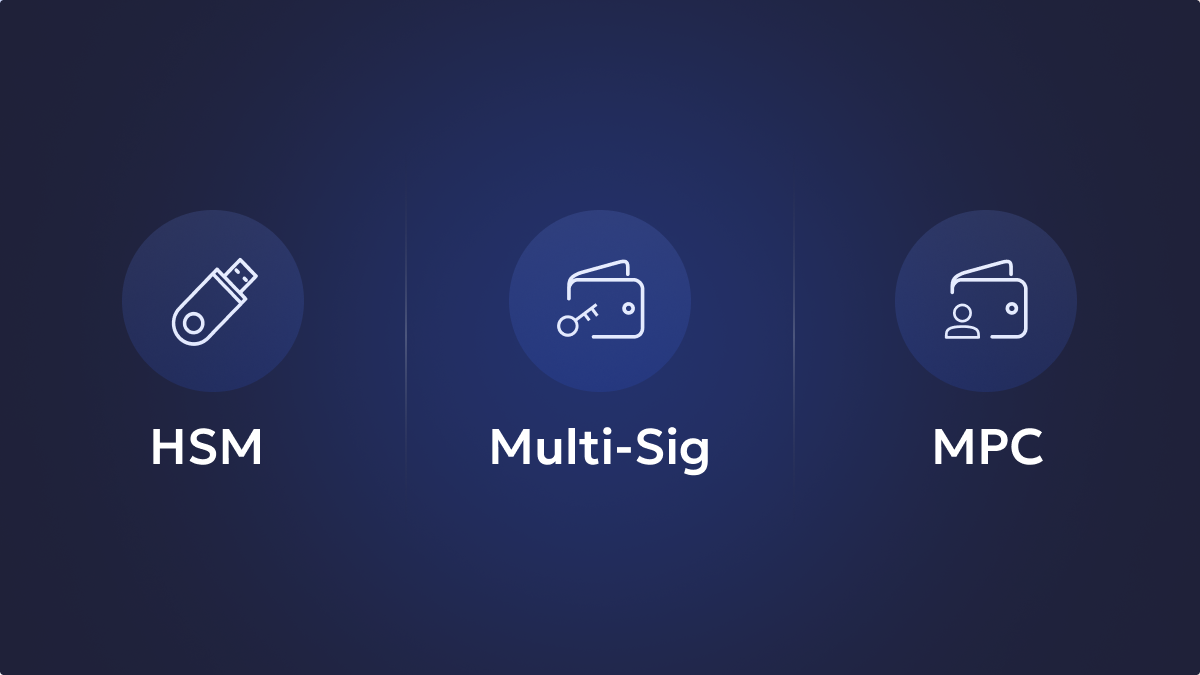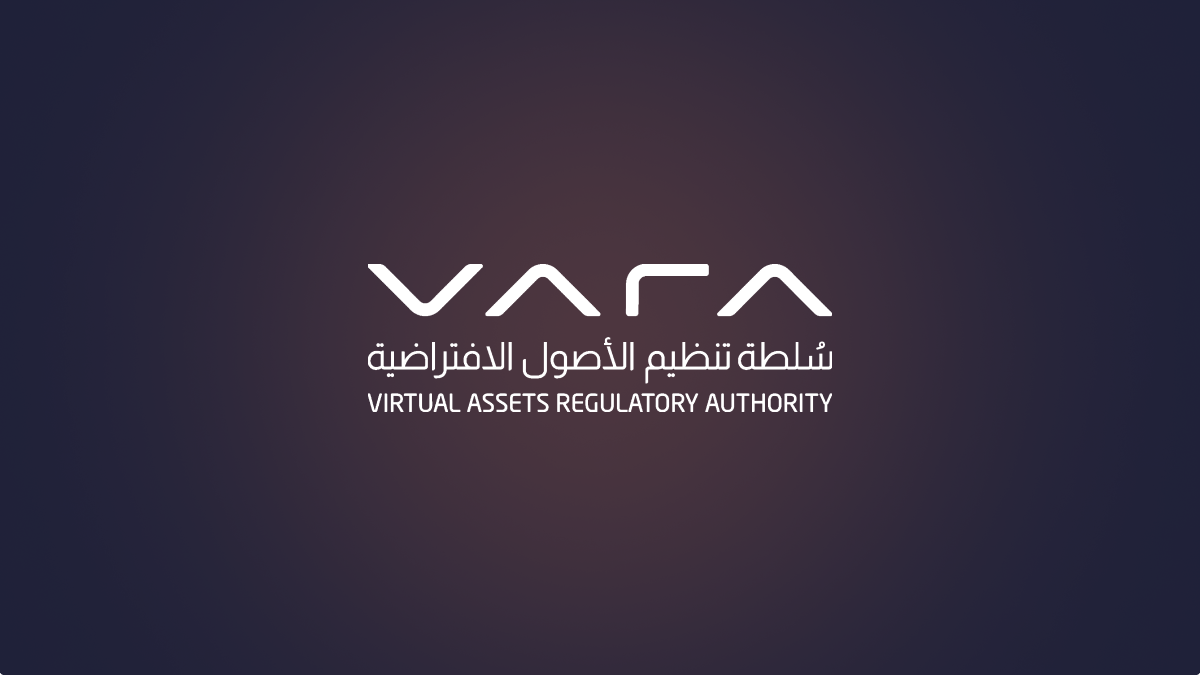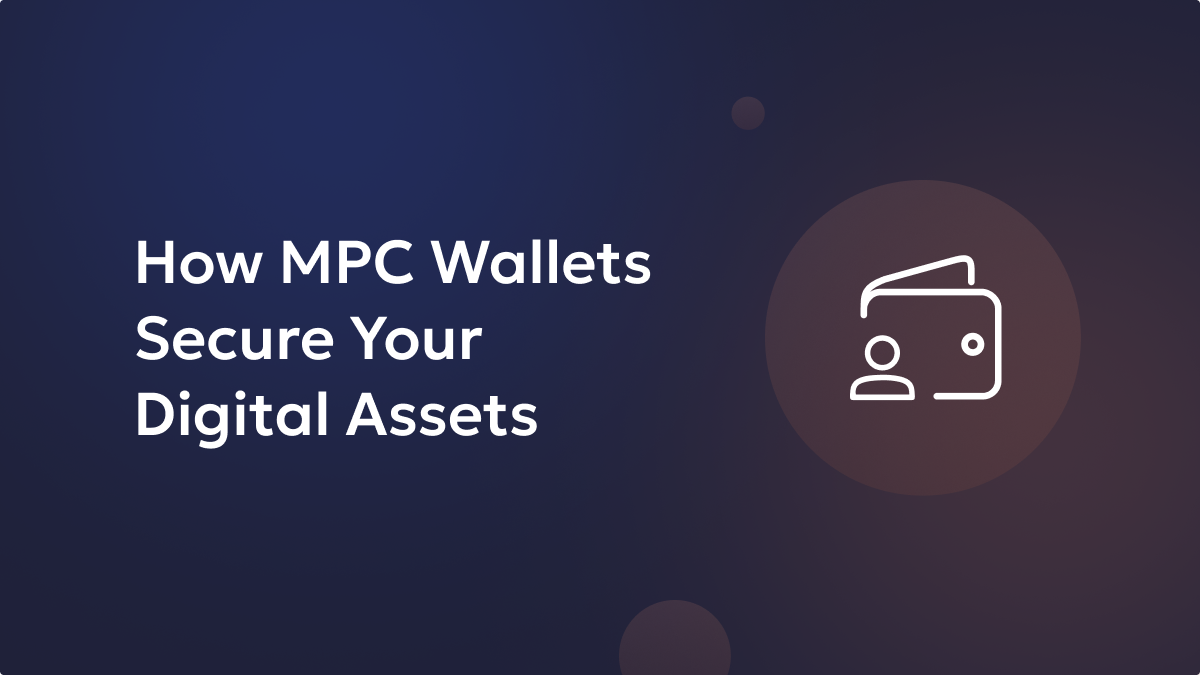Worldwide, regulatory bodies have established rigorous laws and guidelines to oversee the movement of money, aiming to combat illicit activities such as money laundering, fraud, and the financing of terrorism.
Despite these efforts, a surge in high-profile scandals, exemplified by incidents like the FinCEN Files, exposes significant compliance failures within top financial institutions. The United Nations estimates that approximately 2–5% of global GDP, amounting to $800 billion to $2 trillion dollars annually, is involved in money laundering—a figure that could be double the total market capitalization of the web3 blockchain-based cryptocurrency sector. The imperative for effective compliance systems is more evident than ever.
In the traditional finance sector (TradFi), centralized systems play a pivotal role in monitoring transactions and ensuring compliance. However, compliance with Know Your Customer (KYC) and Anti-Money Laundering (AML) regulations imposes substantial costs in terms of compliance specialists’ salaries and operational expenses.
Unlock the potential of digital assets for your institution
The collective expense of financial crime compliance measures surpasses a quarter of a trillion dollars annually and continues to rise. Solutions such as transaction screening can help combat such challenges.
What is Transaction Screening?
Transaction Screening scrutinizes transactions for suspicious or prohibited activity prior to approval. If the analysis of the respective blockchain infrastructure verifies illicit or excessively risky behavior, the transactions are halted. This is crucial for thwarting blatant attempts to circumvent regulations, including international sanctions. Additionally, it contributes to a layered, risk-based approach to Anti-Money Laundering/Countering the Financing of Terrorism (AML/CFT) due diligence.
What are the Benefits of Transaction Screening?
Transaction screening of blockchain cryptocurrency is crafted to prevent financial crimes effectively. To accomplish this, it scrutinizes various aspects of a transaction, ensuring it is not conducted on behalf of sanctioned individuals or within restricted jurisdictions. Some advantages of digital crypto wallets with transaction screening capabilities include:
- Facilitating real-time detection of criminal transactions by financial institutions.
- Speeding up the remediation process.
- Flagging suspicious activities for further investigation on Ethereum and polygon blockchain.
- Assisting financial institutions in meeting regulatory requirements.
Secure and manage your digital assets with Liminal
A crypto or defi wallet with a robust transaction screening system creates obstacles for criminals. Plus, employing thorough monitoring, screening, and analysis of extensive information allows you to make informed decisions based on available data.
Why transaction screening is required in Web3?
Transparency is more than just a trend in the blockchain cryptocurrency industry. It is a fundamental element of regulatory compliance. Within the cryptocurrency industry, Web3’s inherent transparency arises from its public and immutable blockchain records. This characteristic proves instrumental in risk management, facilitating the comprehensive due diligence necessary for monitoring cryptocurrency transactions. Employing machine learning, the best web3 crypto enterprises can efficiently sift through transaction data, identifying potentially suspicious activities that may signal money laundering or involvement with sanctioned entities.
In the pursuit of cryptocurrency compliance, forward-thinking Web3 companies bear the responsibility to proactively align with regulations. This involves adopting wallets for cryptocurrency with advanced transaction monitoring software, implementing know your transaction (KYT) protocols, and consistently updating their anti-money laundering (AML) solutions.
The traditional financial sector has long grappled with the imperative for rigorous compliance, particularly to attract institutional investors. In the realm of Web3 and the broader blockchain cryptocurrency industry, compliance transcends being merely a regulatory necessity; it stands as a competitive advantage. Institutional investors prioritize reliability, and crypto compliance offers precisely that, leveraging both custodial and non custodial wallets with advanced anti-money laundering (AML) solutions and transaction monitoring software.
Transparency emerges as a pivotal factor in gaining the trust of institutional players. The openness of web3 blockchain data establishes a level of trust often absent in traditional financial systems. With a transparent ledger of cryptocurrency transactions, institutions can conduct their own thorough due diligence. This approach provides unparalleled depth, enabling them to assess the effectiveness of a Web3 business’s risk management strategies and ensuring they avoid involvement with financial crimes or money laundering activities.
Best integrations available for Transaction screening for Institutions
Comply Advantage
Comply Advantage’s payment screening is available as a standalone solution or as part of the broader Comply Advantage suite for fraud and anti-money laundering (AML) risk detection. Clients can conduct real-time screening of all major transaction types through a RESTful API.
Key Comply Advantage Features:
- Real-time Screening: Prevent delays and ensure efficient processing by screening transactions in real-time.
- Optimized Algorithms: Utilize algorithms calibrated to Comply Advantage’s data for fast, accurate screening, increased flexibility, and higher straight-through processing (STP) rates.
- Tailored Risk: Adjust the screening process based on your firm’s unique risk appetite and compliance requirements.
- Flexible Integration: Seamlessly integrate with various payment systems and data sources, either in batch or real-time.
LexisNexis
LexisNexis, as per Crunchbase, provides content-enabled workflow solutions in various markets, including legal, risk management, corporate, government, accounting, and academic sectors.
Top LexisNexis Transaction Screening Features:
- Advanced Linguistic Analysis: Allows payment data to be compared with any sanction or watchlist.
- Over 40 Algorithms: Tailor transaction screening to specific requirements.
- SWIFT Compatible: Recognized with the SWIFT Alliance Screening Add-on Label since 2001.
- API-First Approach: Supports integration with existing systems.
Napier
Napier, described as a new breed of financial crime compliance technology specialist on Crunchbase, offers innovative financial crime compliance technology.
Top Napier Payment Screening Features:
- AI Advisor: Supports rules and manual reviews by identifying false positives and providing explanations.
- Flexible Configuration Engine: Allows screening against any list or payment field.
- Natural Language Processing and Advanced Matching Algorithms: Supports eighteen languages, including Arabic and Simplified Chinese.
Automating process for efficiency with the best web3 crypto Transaction Screening platform:
Every business should establish a comprehensive Anti-Money Laundering (AML) / Financial Crime Compliance (FCC) program, incorporating sanctions screening to mitigate the associated risks related to sanctioned parties and non-compliance.
This process includes:
Risk Identification: Determine the specific sanctions risks relevant to the business, considering global and local sanctions policies. Assess risks associated with the organization’s products, services, and relationships, such as cross-border payments requiring compliance with sanction requirements.
Data Cleanup and Streamlining: Address issues of data quality, integrity, and completeness to prevent false positives and enhance screening performance. Compile and clean Know Your Customer (KYC) information, linking and integrating data sources to achieve a holistic customer view.
Relevant Attributes for Screening: Identify and determine which data elements are pertinent for screening against specific sanctions risk.
Sanctions Data/Screening Setup: Establish a risk-based assessment of transactions over Ethereum and polygon blockchain to determine relevant sanctions lists. Implement list management systems to manage and reduce false positives. Ensure timely updates of lists and enhance data with additional information.
Screening Intervals: Define screening intervals based on internal policies, with screening during new relationship establishment and regular intervals or trigger events. Perform transaction screening of the entire blockchain infrastructure before potential violations, paying attention to points in the transaction process susceptible to information alteration.
Handling Matches: Recognize that an alert during screening indicates a potential match but doesn’t confirm a sanctions risk. Manually review client identity information against the sanctions list. Approach the client for additional information if needed. If a positive match is confirmed, report to the internal compliance or reporting officer, suspending all transactions. If the match is deemed a false positive, consider whitelisting the client’s name to prevent future matches.
Transaction screening fosters within the Web3 ecosystem
Advanced Crypto Compliance: Real-Time Analysis and Case Management
A state-of-the-art crypto compliance solution surpasses the basic task of flagging suspicious activities. It leverages real-time analysis, enabling financial institutions to promptly recognize abnormal patterns in customer transactions.
This capability facilitates swift detection of unusual activities, contributing to a reduction in false positives. Additionally, robust case management features empower compliance teams to monitor ongoing investigations and coordinate actions seamlessly.
Thorough crypto/ defi wallet screening and Know Your Transaction (KYT) Protocols
In adhering to rigorous anti-money laundering (AML) and risk management standards, an advanced platform incorporates robust digital crypto wallets screening functionalities. It autonomously cross-references crypto addresses with a database encompassing sanctioned entities, high-risk jurisdictions, and other flagged accounts. Know Your Transaction protocols complement this by supplying detailed contextual information for each transaction.
Scalable Solutions
Optimal Ethereum crypto or polygon staking wallet transaction monitoring solutions are crafted for scalability, adeptly managing a high volume of transactions without sacrificing speed or efficiency. Furthermore, they provide customizable settings to align with the specific compliance policies and procedures of an institution.
Integrated Machine Learning for Enhanced Monitoring
The monitoring framework incorporates machine learning capabilities to analyze and anticipate emerging threats. This proactive approach enables the system to adjust to evolving forms of financial crimes. Transaction monitoring tools must continually evolve to remain at the forefront of the battle against money laundering.
The Evolution of Transaction Monitoring: Future Trends
The financial landscape is undergoing rapid transformations, driven by technological advancements, shifting consumer behaviors, and evolving regulatory frameworks. This dynamic environment is reshaping the way financial transactions are conducted and monitored. Looking ahead, several key trends are poised to shape the future of transaction monitoring.
Artificial Intelligence and Machine Learning: Artificial intelligence and machine learning are designed to play a pivotal role in the future of transaction monitoring. These technologies excel in analyzing vast amounts of transactional data in real-time, identifying intricate patterns, and adapting to emerging forms of illicit activity. For instance, machine learning algorithms can leverage historical transaction data to predict the likelihood of new transactions being fraudulent. This heightened accuracy is expected to reduce false positives, allowing financial institutions to deploy investigative resources more efficiently.
Real-time Transaction Monitoring: With the escalating volume of digital transactions, real-time monitoring is gaining increased significance. Real-time systems can swiftly detect suspicious activity as it unfolds, enabling prompt intervention and mitigating the risk of financial loss. Advances in computing power and data processing technologies are making real-time transaction monitoring not only more feasible but also more effective.
Integrated Compliance Solutions: Transaction Screening is just one facet of a broader compliance framework that encompasses customer due diligence, sanctions screening, and reporting. In the future, we anticipate a rise in integrated web3 blockchain transaction screening solutions that consolidate these components into a unified platform. This holistic approach promises a comprehensive view of risk, fostering more consistent and efficient compliance measures.
Conclusion
The significance of transaction screening is increasing daily, driven by the increasingly sophisticated methods employed by criminals. It plays a crucial role in meeting compliance requirements and identifying money laundering activities in real time, distinguishing it from other anti-money laundering (AML) strategies. Nevertheless, as a standalone AML measure, transaction screening may not be highly effective. To maximize effectiveness, it should be implemented in conjunction with other strategies and supported by trained compliance agents.
FAQ
Why is transaction screening important?
Transaction screening involves the examination of transactions to identify any suspicious or prohibited activity prior to approval. If the analysis detects illicit or excessively risky behavior, the transactions are halted. This process is essential for preventing blatant attempts to circumvent regulations, including international sanctions.
Why is sanction screening important?
Transaction Screening safeguards national security objectives by obstructing the transfer of funds to individuals or entities that could potentially pose a threat to specific nation-states.
What are the risks of sanction screening?
Transaction screening has the capacity to limit trade with certain individuals, groups, agencies, and entities across various industries. Non-compliance with sanctions screening may result in significant consequences, including substantial fines and potential criminal proceedings.
What are the roles and responsibilities of payment screening?
Efficient web3 blockchain transaction screening aids financial institutions in identifying and preventing fraudulent activities. Through the analysis of transaction patterns, risk assessments, and cross-referencing names with sanctions lists, any suspicious transactions can be pinpointed and elevated for additional investigation.
What does transaction screening include?
Transaction screening constitutes an integral component of a comprehensive anti-money laundering and counter-terrorist financing (AML/CFT) framework. Alongside customer identification and verification, transaction monitoring, and regulatory reporting, transaction screening plays a crucial role in enabling firms to conduct thorough due diligence and adhere to robust compliance processes.
What is the purpose of screening in KYC?
The screening procedure includes gathering customer information through Know Your Customer (KYC) procedures, which entail verifying customer identities and evaluating their risk levels. After acquiring the customer information, the subsequent step involves conducting checks for customer due diligence.






